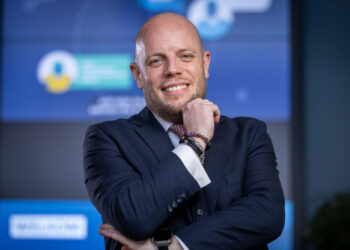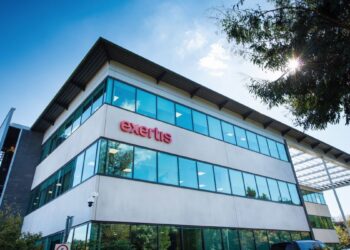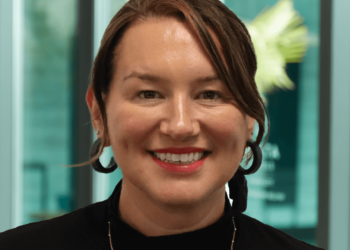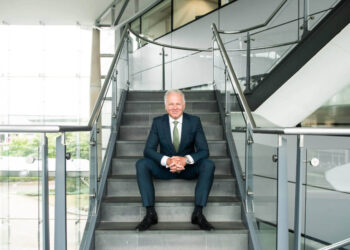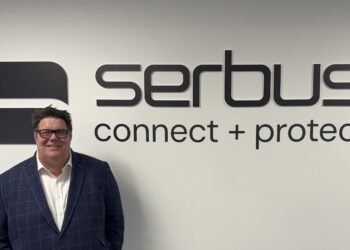The UK’s top partner leaders gave an honest, nuanced – and at times dappled – verdict on the industry’s sustainability progress at last night’s inaugural Oxygen 250 dinner.
The event, which was held in partnership with Nebula Global Services, saw leadership of 12 of the UK’s largest IT solutions providers come together at the Ivy Asia Mayfair for an evening of industry discussion, networking and cuisine (see full line-up, bottom).
“Like night and day”
Is the industry moving fast enough on sustainability, and is there a danger that CEOs who take too bold a stance will incur the wrath of shareholders and the board, we asked?
The dozen leaders present, who together represented companies who command around £10bn in UK end-user IT spend (a big chunk of the Oxygen 250’s £26.8bn total), didn’t hold back.
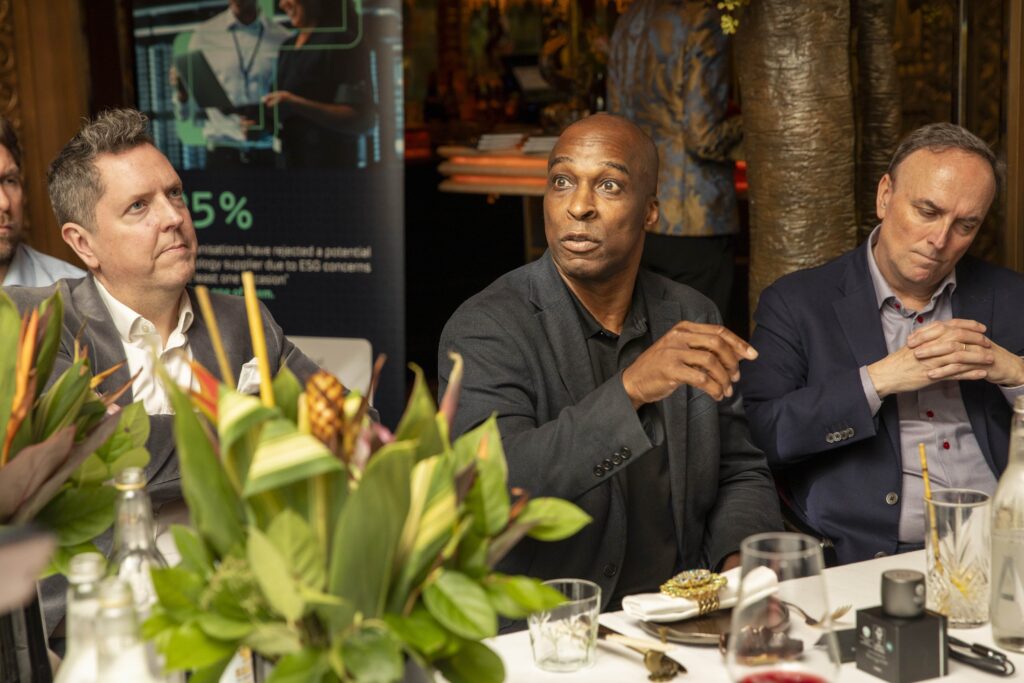
Most issued a positive assessment, with Colin Williams, UK Networking and Security CTO at Computacenter, summing up the general mood by saying that “we’ve come a massive way forward”.
“We need to move a lot faster, but what’s happened in the last five to seven years is like night and day,” he said.
Softcat CEO Graham Charlton acknowledged that organisations such as Softcat, that have committed to the Science Based Targets initiative, “now have to work out how to hit [the targets]”, meanwhile.
“We’ve got a really clear plan on our own operation around scopes 1 and 2. Scope 3 is the much harder bit, as it’s not measured properly yet. But I do think it’s going to become increasingly part of how we sell technology,” Charlton said.
“Sustainability is baked into what a lot of the public sector are asking for when it comes to responses to tenders. But I was at a large private insurance company’s pitch today, and sustainability was a huge part of it. So I think it’s starting to get traction on the customer agenda.”
“We cannot get a clear answer from vendors”
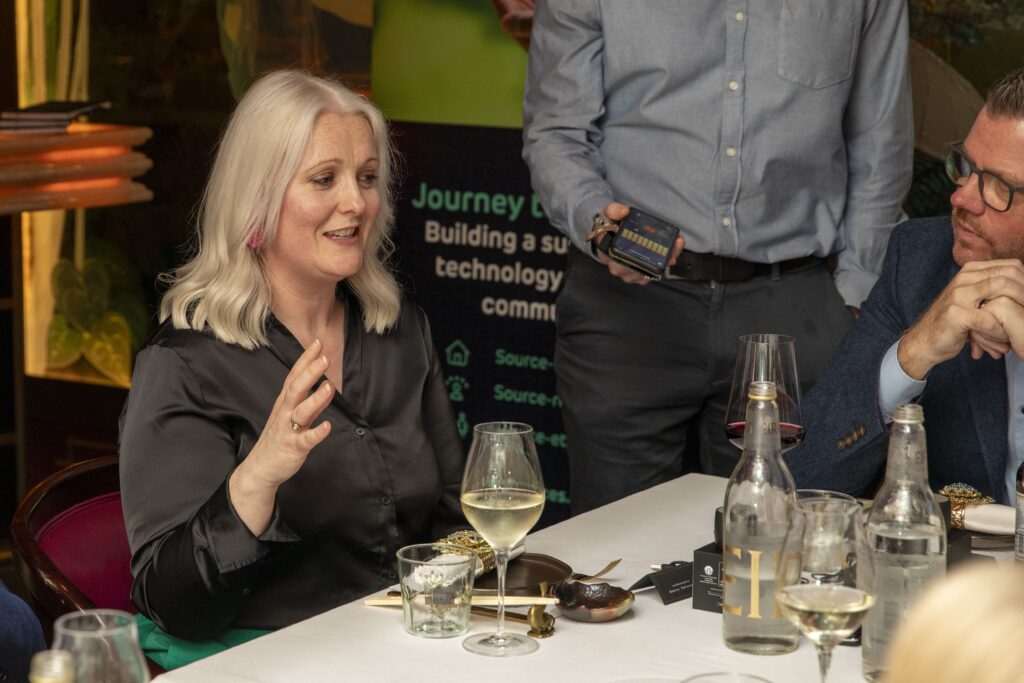
Picking up on the scope 3 theme, Lyndsey Charlton, COO at Daisy Corporate Services (pictured), said a lack of clarity from the vendors is holding back her team’s efforts to steer customers towards more sustainable IT solutions.
“In trying to put that into place, we’ve hit a stumbling block,” she said.
“And the stumbling block is the vendors. What is the true carbon footprint and circularity of the products they create that we then resell, what is the social impact? We cannot get a clear answer from the majority of vendors, and that’s the biggest challenge.”
Under Chatham House rules, one partner leader present expressed concern that the industry “has gone backwards” on sustainability, meanwhile.
“Globally, the SEC is still forming its requirements for sustainability for listed companies. There has been reduced participation in Climate Action 100+. So large scale investors are not pushing on this topic as much,” they said.
“So to be honest I think we have a long way to go. I think we need to do the right thing and start forcing the issue, but there’s also the commercial aspect that nobody’s going to move first at a disadvantage if investors aren’t applying the pressure.”
“It’s not a fight against shareholders”
Christine Olmsted, Head of Strategy and Corporate Development at SCC, brushed off suggestions that shareholders, investors and Boards will put the kibosh on bold sustainability action.
“I feel really fortunate that our shareholders are absolutely leading from the front. It’s not a fight; it’s a push from them to the rest of the organisation to go faster,” she said.
How to balance the ‘E’ with the ‘SG’ of ESG, alongside DE&I, is another pressing challenge, Olmsted said.
“I’m super proud to say we have pay parity in our organisation. It’s a lot of things to push on at the same time in a challenging economy,” she said.
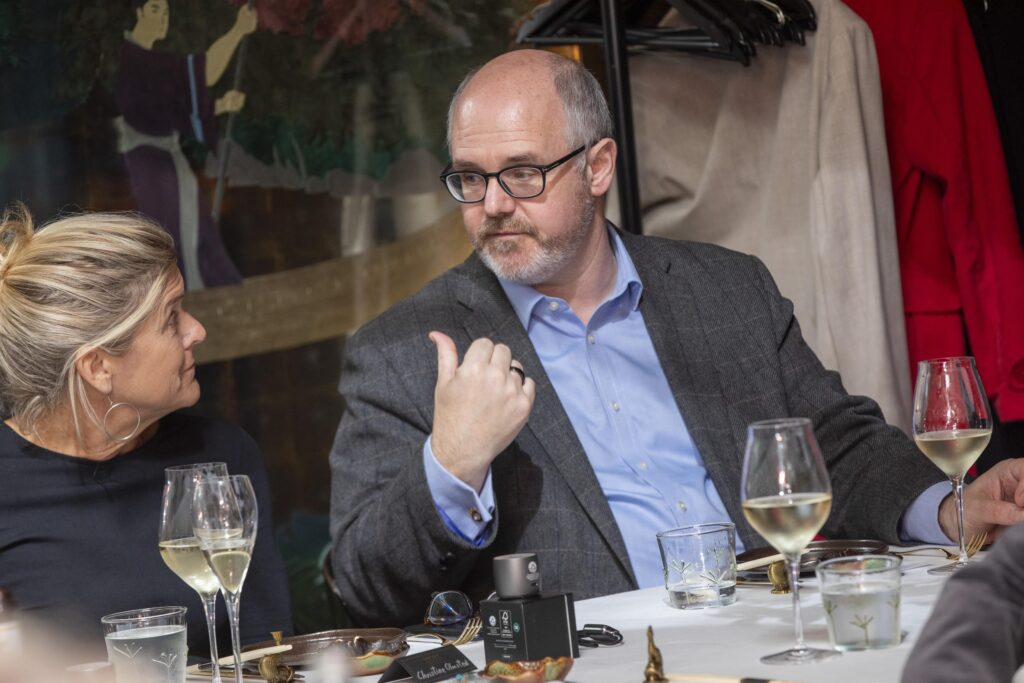
Trustmarque CEO Simon Williams praised the government’s move to add a social value element to larger tenders, meanwhile.
“There are two parts to win bids in public sector, one of which is price and the second of which is social value – and the social value has a proper percentage on it. And it’s wonderful. It’s the government saying ‘we have a lever to make a change and we can make a change immediately’,” he said.
Hayley Mooney, UK General Manager at Crayon, picked out cost savings as a “huge initiative” among customers, but said sustainability concerns are ultimately driving decisions.
“The fact we’re able to deliver some of the sustainability data insight to them through our optimisation and data and AI services, that’s actually a C-level conversation. And that’s the only way we’re really getting traction there,” she said.
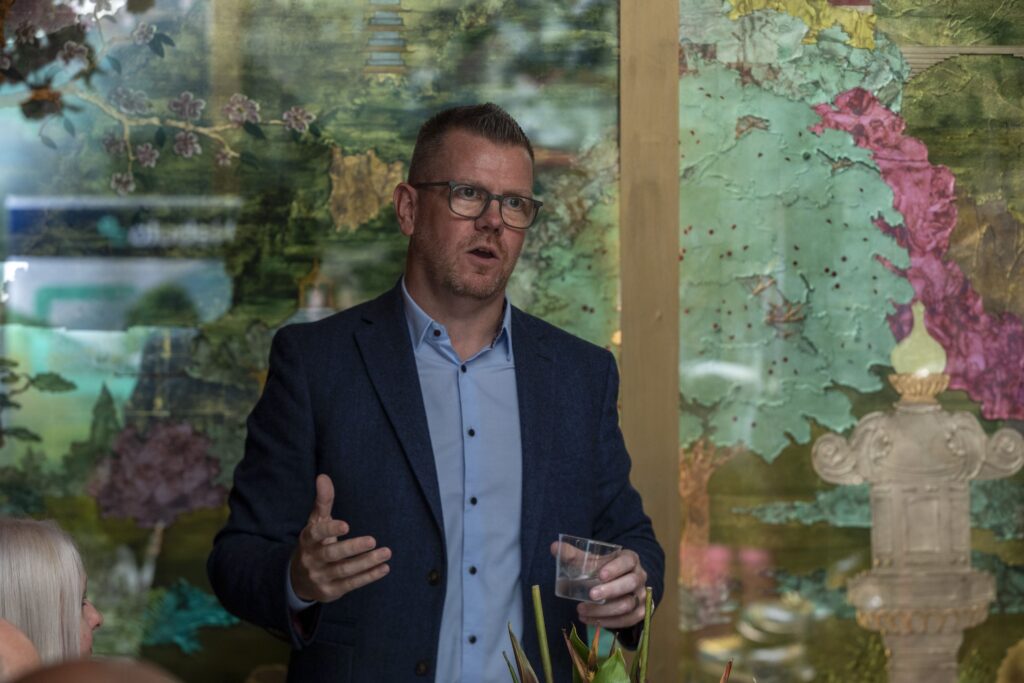
“The amount of stuff going to landfill is disgraceful”
Others, meanwhile, drew attention to the sustainability challenges that lie outside of decarbonisation, namely in areas such as mineral depletion and circularity.
Tom Nesbit, Vice President of Operations, UK & International at CDW, contrasted the industry’s swift headway on decarbonisation with its “lack of progress collectively on design for disassembly”.
“Arguably that’s something [we in this room] don’t control. However, I think we can and should generate more influence in that area,” he said.
Ultima CEO Scott Dodds added: “I love the concept of urban mining and fact that we can re-harvest a lot of that material. We’ve got to take responsibility for that as an industry – the amount of stuff that’s going into landfill is disgraceful,” he said.
“Are we moving forwards? Our clients and staff are demanding it”
Overall, the tenor of the conversation was positive, with Natilik UK CEO Alastair Rudman arguing that the need to demonstrate progress on ESG is “non-negotiable”.
“Are we moving forward? The clients are demanding it, and our people are demanding it. If you look at Natilik as an example, we went down the B Corp route 18 months ago because of those two reasons,” he said.
In a remark that reflected the general sentiment in the room, CAE COO Richard Behan urged the industry to maintain a positive outlook.
“I think there has been a step change in the last 12-18 months. It’s accelerated more than maybe most of us would have expected, so I think we’ve got to keep positive and keep the momentum going – because it will accelerate,” he concluded.
Nebula CMO Richard Eglon said, following the dinner: “We are really proud to be an associate partner of IT Channel Oxygen, and in particular the inaugural Oxygen 250. Following the success of the published report back in January, the dinner looked to bring together a cohort of business leaders from the Oxygen 250. From the feedback we’ve received the evening was deemed a huge success and Nebula are delighted to play our small part in making this concept a reality.”
Oxygen 250 Dinner attendees:
Richard Behan, COO, CAE
Graham Charlton, CEO, Softcat
Lyndsey Charlton, COO, Daisy Corporate Services
Scott Dodds, CEO, Ultima
Richard Eglon, CMO, Nebula Global Services
Adrian Gregory, European President, Insight
Hayley Mooney, UK General Manager, Crayon
Pete Murphy, CSO, Nebula Global Services
Tom Nesbit, Vice President of Operations, UK & International, CDW
Christine Olmsted, Head of Strategy and Corporate Development, SCC
Alastair Rudman, UK CEO, Natilik
Steve Trueman, International Account Director, Bechtle
Collin Williams, Networking and Security CTO, Computacenter UK
Simon Williams, CEO, Trustmarque
Doug Woodburn is editor of IT Channel Oxygen




